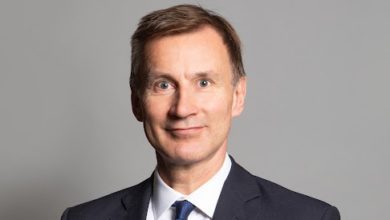UK hotels report first average RevPAR decline in five years

The average revenue per available room (RevPAR) declined for the first time since 2011, according to new research released today.
The latest Hotel Bulletin from AlixPartners, AM:PM and HVS found RevPAR in the 12 cities reviewed fell 3% in the first quarter of the year when compared to the same period last year.
The results were slightly skewed by Aberdeen, which recorded a 37% decline in RevPAR. However, even with Aberdeen excluded the average RevPAR only increased by 1% – the lowest increase since the first quarter of 2012.
Of the 12 cities – Birmingham, Cardiff, Manchester, Belfast, Bath, Edinburgh, Leeds, London, Liverpool, Liverpool, Glasgow, Newcastle and Aberdeen – involved in the bulletin, Cardiff was the top performer with RevPAR growth of 8%.
The report said this was in part down to the city hosting over 20,000 participants for the World Half Marathon Championships in March.
Birmingham was the second best performer with RevPAR growth of 7% – which was boosted by increasing passenger numbers and investment at Birmingham Airport – while London’s RevPAR decreased by 2%, continuing its trend of limited RevPAR growth or decline for the fifth consecutive quarter.
Total property transaction values in the quarter were the lowest since the third quarter of 2013 at £305m.
Graeme Smith, managing director at AlixPartners, said: “Following a sustained period of RevPAR growth through 2015, this quarter, excluding the impact of the oil price driven downturn in Aberdeen, has seen the lowest increase in year-on-year RevPAR growth in four years.
“The market will need to be watched closely to see if this is a pause for breath or a sign of the market reaching a peak.”
The report said the hotel sector has recently seen a “slight shift in sentiment”, particularly in the investment community where a much “greater sense of caution” is being adopted over future growth prospects.
It added “some commentators believe the market has reached a peak, whether in terms of asset values or trading”.









